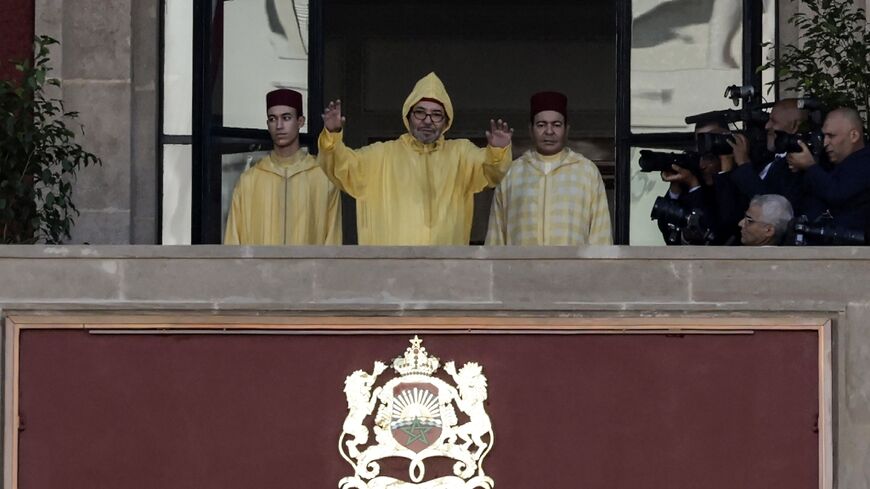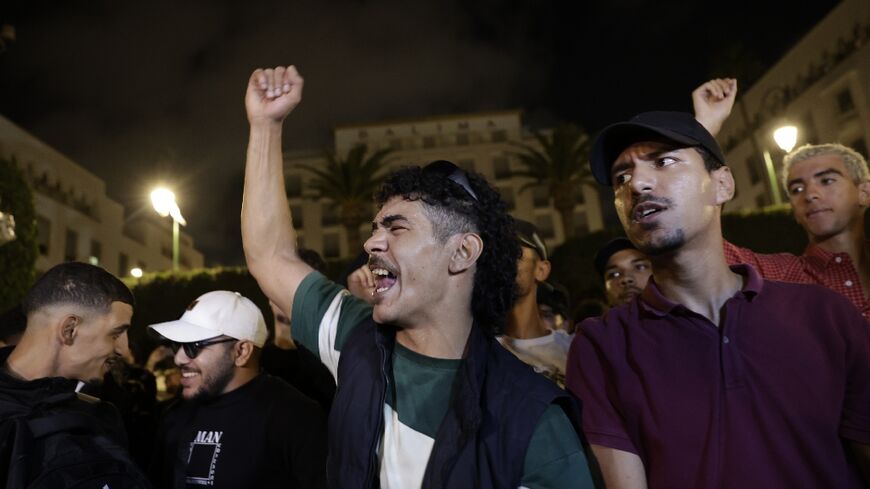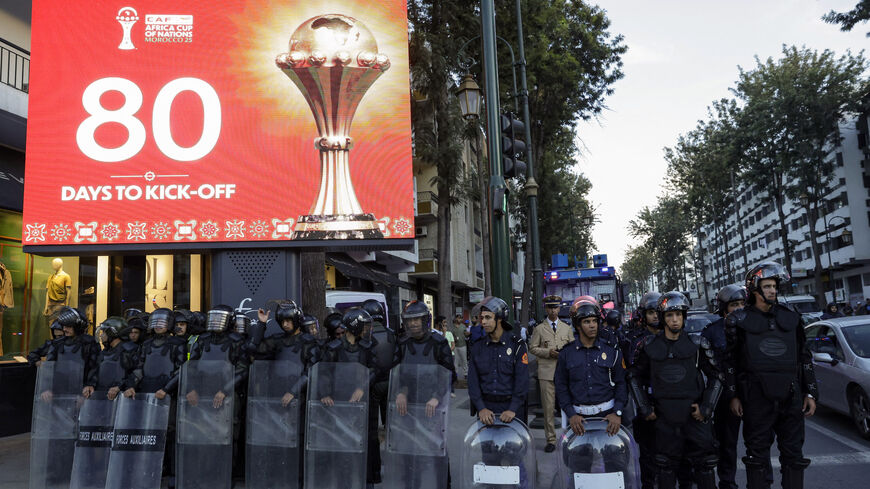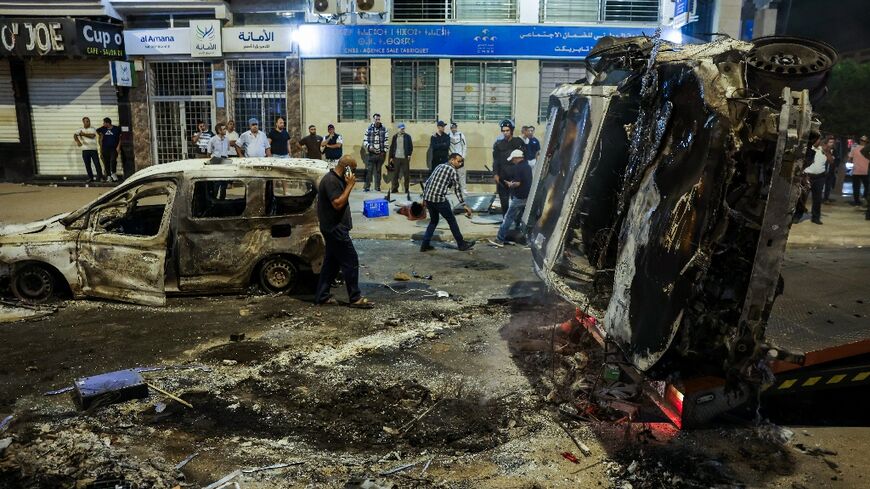Morocco king calls for social reforms amid youth-led protests
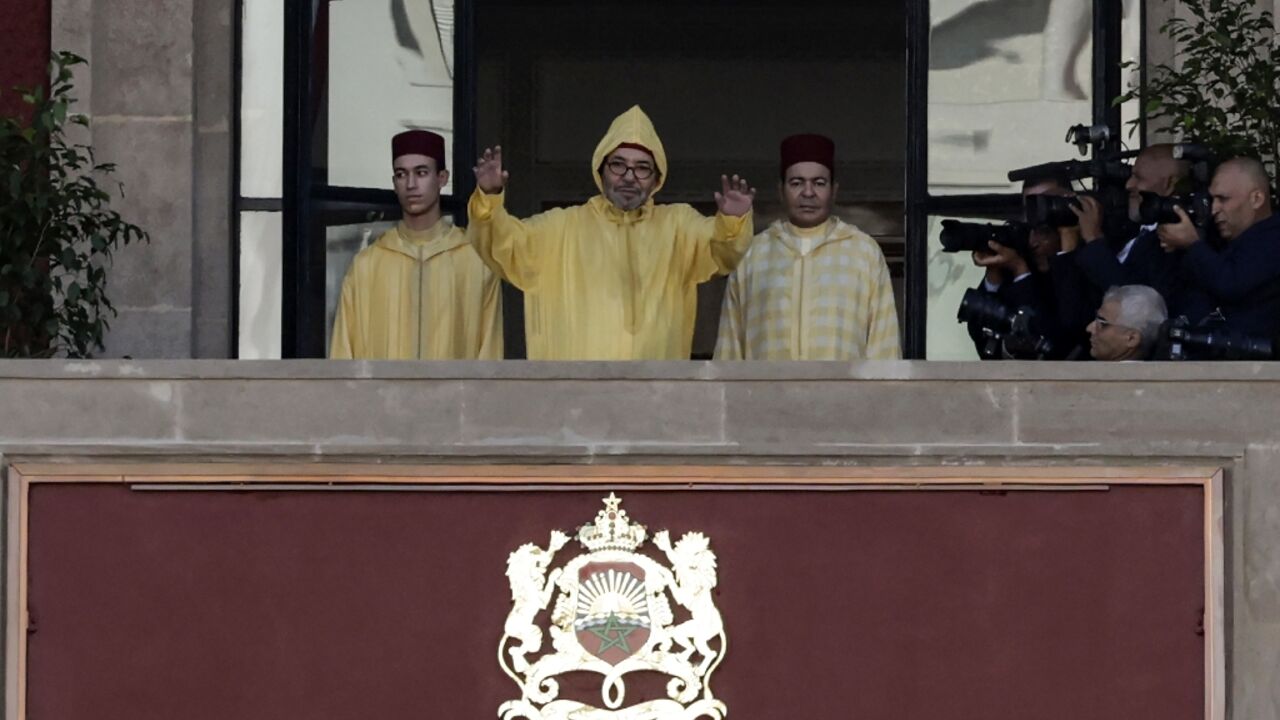
Morocco's King Mohammed VI on Friday said improving public education and healthcare was a priority, but made no reference to the youth movement that has been staging nationwide protests for sweeping social reforms.
"We have set as priorities... the creation of jobs for young people, and the concrete improvement of the education and health sectors," the monarch said in his annual address to the opening session of parliament.
The royal speech had been much anticipated by the protesters, who have taken to the streets almost every night since September 27.
The unrest that has rocked the usually stable north African country has been fuelled by recent reports of the deaths of eight pregnant women at a public hospital in the city of Agadir, which critics condemn as a symptom of a failing system.
Demonstrators have been calling for a change in government and for Prime Minister Aziz Akhannouch to resign.
Many Moroccans have also expressed frustration at public spending as Morocco pushes ahead with major infrastructure projects in preparation for the 2030 World Cup, which it will co-host with Portugal and Spain.
The king pleaded that "there should be no contradiction or competition between major national projects and social programmes".
On Thursday, the online-based collective calling the protests, GenZ 212 -- whose founders remain unknown -- demanded a "crackdown on corruption" and a "radical modernisation of school textbooks".
They also called for a national plan to renovate hospitals, recruit more doctors and healthcare workers, particularly in remote areas, and raise public health insurance reimbursement rates from 50 percent to 75 percent.
Official figures show a lack of education in Morocco is a key driver of the country's poverty, which has, nevertheless, fallen from nearly 12 percent of the population in 2014 to 6.8 percent in 2024.
The government made a fresh call on Thursday for dialogue with the protesters, saying their "message has been received" and vowing to "work quickly to mobilise resources and address shortfalls".
Rallies have been largely peaceful, though some nights have seen spates of violence and acts of vandalism.
Three people were killed in clashes with security forces last week, while police have made dozens of arrests.
